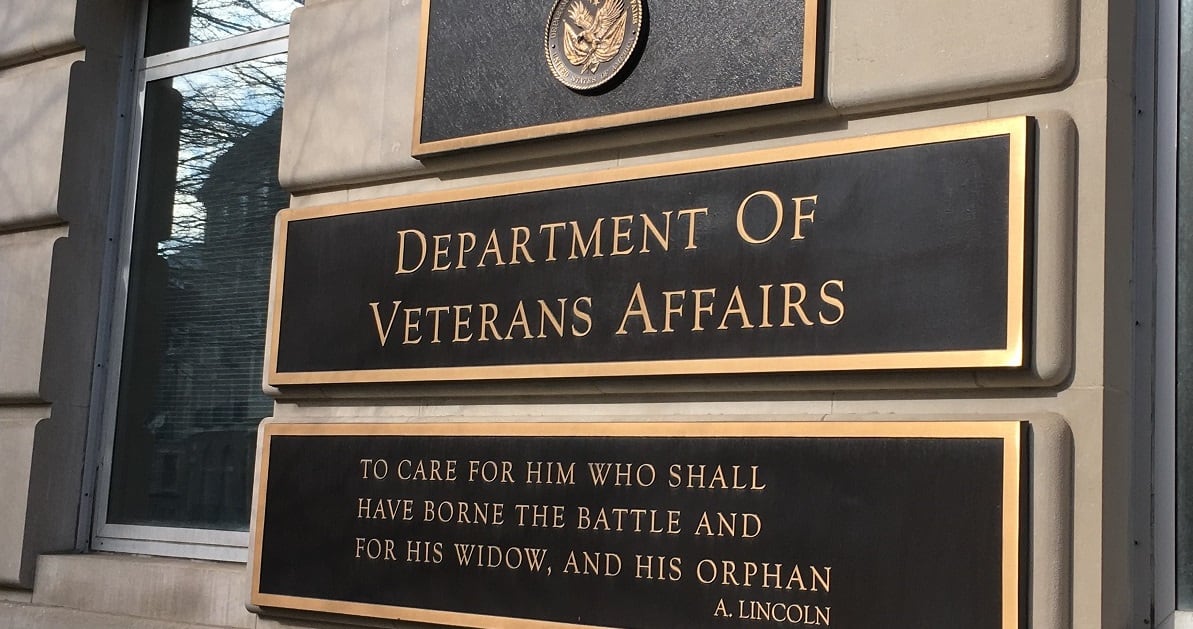WASHINGTON — Veterans Affairs officials may have improperly denied benefits to thousands of military sexual assault victims in recent years due to paperwork and procedural mistakes, according to a department inspector general report released Tuesday.
Investigators estimate that during a six-month stretch in 2017, VA officials may have wrongly refused benefits in more than 1,300 cases, potentially traumatizing victims seeking help that previous administrators had promised.
“(The Veterans Benefits Administration) did not always fulfill its obligation to help veterans prove their military sexual trauma-related claims,” the report stated.
“Staff did not follow required procedures for processing these claims, which potentially resulted in undue stress to veterans as well as a denial of compensation benefits for victims of MST who could have been entitled to receive them.”
RELATED

In response, VA officials have promised a review of all denied military sexual trauma claims dating back to October 2016, with a goal of updated decisions by fall 2019. They also promised updated training for hundreds of claims processors and managers, to avoid similar problems in the future.
According to the IG report, among the most common reasons for incorrect rejections was staff failing to request medical examinations even when existing evidence mandated one.
Under VA guidelines established in 2011, department processors are instructed to take a “liberal approach” when reviewing military sexual trauma claims because of established problems with documentation and reporting of such assaults.
Unlike other medical claims where a simple records review may determine validity of a case, the guidelines mandate that staff speak to veterans about the circumstances of their assault, look for “credible evidence” of post-assault stress, and consider outside medical records that support the claims.
“(Staff) may deny an MST-related claim without a medical examination only if there is no evidence of the stressor, no evidence of a behavioral marker, or no evidence of symptoms of a mental disorder,” the report stated.
Yet in numerous cases, claims processors never reached out to veterans or rejected their claims based solely on a lack of evidence in their military records.
In fiscal 2017 alone, the Veterans Benefits Administration rejected about 5,500 military sexual trauma claims. The IG report found that of the cases they sampled, 49 percent were missing follow-up interviews, new medical examinations or other significant procedural work.
The full report is available on the inspector general’s web site.
Leo covers Congress, Veterans Affairs and the White House for Military Times. He has covered Washington, D.C. since 2004, focusing on military personnel and veterans policies. His work has earned numerous honors, including a 2009 Polk award, a 2010 National Headliner Award, the IAVA Leadership in Journalism award and the VFW News Media award.




